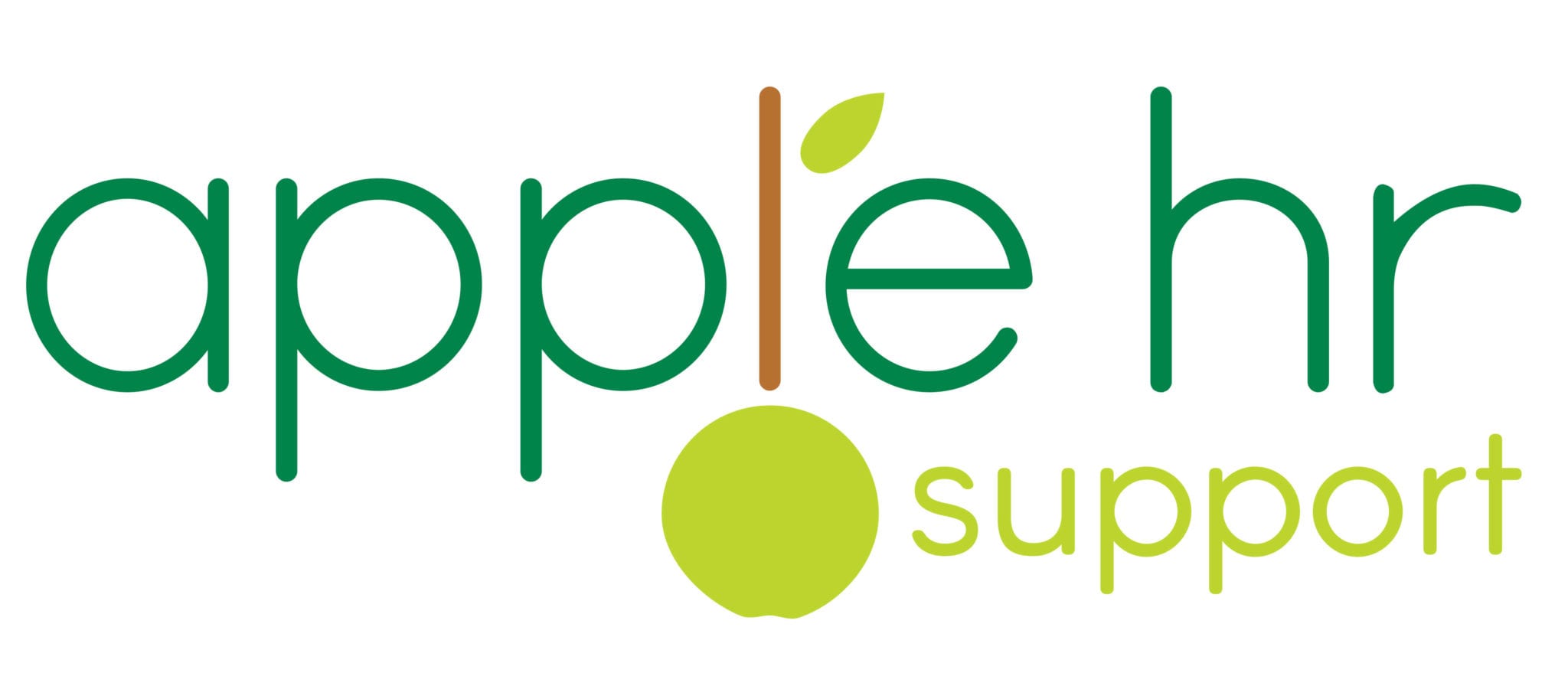It’s important to start with the basics. Many small business owners wonder how many employees they need on their team before they look at their human resource management needs. We would suggest you need just one!
From the very first day your very first employee joins your business you are required to comply with employment legislation.
Let’s look at what that means.
Ensure your HR plan is specific to your business.
An off-the-shelf version will give you ideas but won’t align with your specific company goals so always keep these in mind.
Take a look below for more hints and tips and download our HR Checklist for Small Businesses
Organisational Design & Compensation
Ensure you have done your research into the current competitive salary levels for the jobs you are recruiting for as your business grows.
Consider all elements of cost to the business including, salary, pension, holiday, additional benefits, employers tax and National Insurance contributions. Be sure you have the funds for a sustainable growth process.
Recruitment & Onboarding Process
Even if your business is small you will need to consider how you will recruit your team.
This will include determining where you are most likely to find your target candidates for each role using your network, deciding where to post job ads, how to interview (especially in times of COVID-9 where it is more difficult to hold face to face meetings).
Plan a welcoming experience for your new team member on their first day. Be prepared with everything they need to do their job effectively.
Employment Contracts & HR Compliance
Providing a team member with a contract of employment from the day they join the business is now a legal requirement.
As is explaining what you use their personal data for and complying with the General Data Protection Regulations (GDPR)
It’s also the best way to be sure both you and your team member understand what to expect from each other. A clear job description is an important document to have in place.
Spend some time outlining the policies and guidelines of how to do business within your company – it’s worth covering everything from the dress code to your expenses policy.
These don’t need to be exhaustive, but they will be a point of reference for both you and the team as and when an issue arises and will certainly make situations much easier for you to manage. Ideally, these guidelines should be documented in an employee handbook.
Managing performance
Is key to getting the best from your team; and allowing your team to get the best from your business.
It’s a two-way conversation and we would recommend it happens on a regular basis, monthly or quarterly.
Determine how often you will have these conversations and create a system to ensure they are documented in personnel files, recording the outcomes expected from both sides.
What Next?
It can feel easier to postpone these process decisions.
However, if you have a solid HR approach in place right from the start you will avoid headaches further down the line. Once your business starts to grow you want to be able to focus all your energies into this and not dealing with situations you weren’t prepared for.
If you would like to find out more about our HR consulting service for business growth, feel free to get in touch at info@applehr.co.uk.
Download our HR Checklist for Small Businesses
Other articles you may find useful from our blog:
Handling Difficult Conversations At Work
10 Covid Friendly Employee Engagement Ideas


